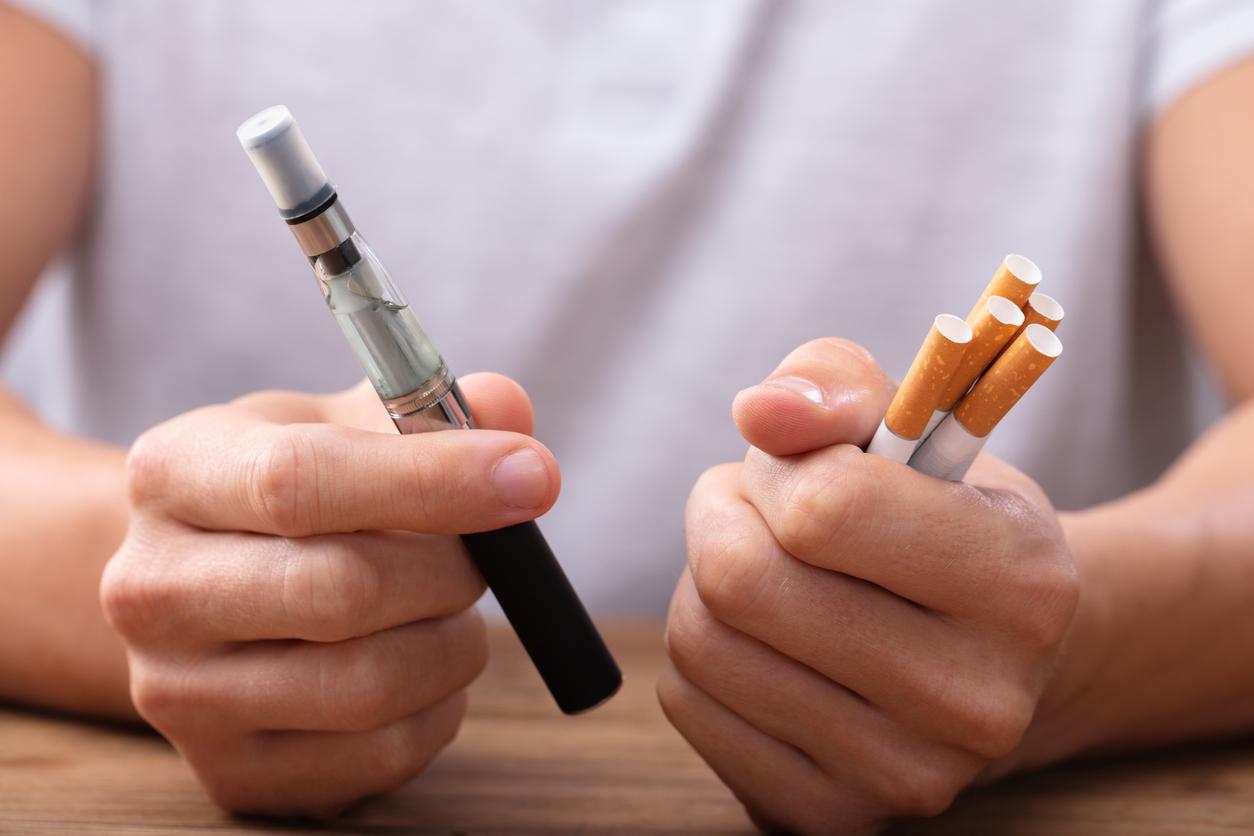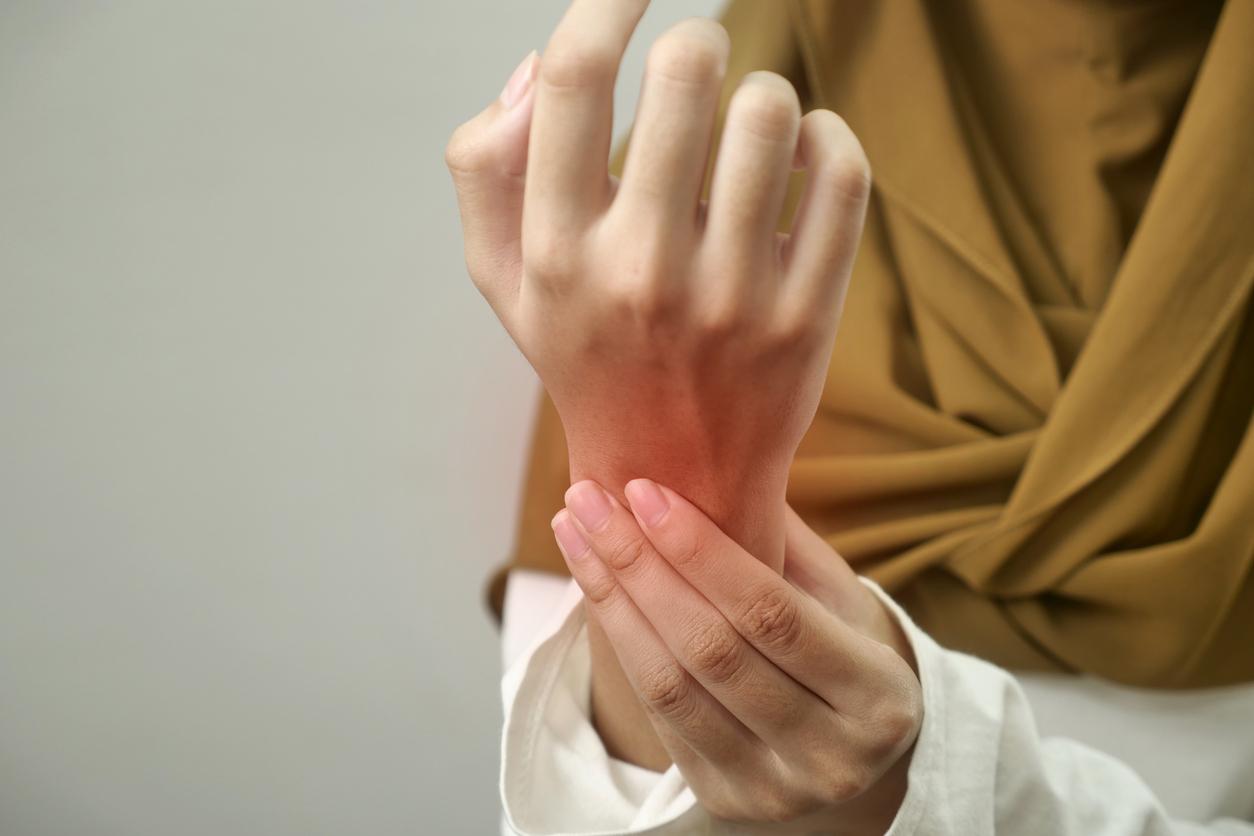The risk of suffering from HIV-positive rheumatoid arthritis increases by 75% after experiencing passive exposure to parental smoking during childhood.

- The risk increases in patients who themselves have become active smokers.
- Exposure to passive smoking after age 18 does not lead to an increased risk of developing seropositive rheumatoid arthritis.
Children’s exposure to cigarette smoke is very bad for their health. While they are in full development, they have statistically more recourse to emergency services during their life or have a greater risk of suffering from fatal chronic obstructive pulmonary disease (COPD) in adulthood. This begins even before their birth since the placenta of future mothers would retain traces of tobacco even before the start of pregnancy. A new study, published in the journal Arthritis & Rheumatology, adds further evidence to the harms of children’s exposure to cigarette smoke. This highlights a direct link with an increased risk of rheumatoid arthritis (RA) later in life.
Exposure to passive smoking after age 18 did not show any incidence
US researchers from Brigham and Women’s Hospital examined data collected from 90,923 women in the Nurses’ Health Study II (NHSII). They divided passive exposure into three categories: maternal smoking during pregnancy, parental smoking during childhood, and years lived with smokers after age 18. “Inflammation of the lung mucosa caused by personal smoking has attracted great interest as a site of RA pathogenesis.says Jeffrey A. Sparks, lead author of the study. But the majority of RA patients aren’t smokers, so we wanted to look at another inhalant that might precede RA.”
The results revealed that, even taking into account personal smoking, passive exposure to parental smoking during childhood increases the risk of suffering from HIV-positive rheumatoid arthritis by 75%. This risk increased in participants who themselves became active smokers. Maternal smoking during pregnancy and years lived with smokers beyond age 18 showed no significant association with an increased risk of RA.
A hitherto little explored relationship
Rheumatoid arthritis is an inflammatory disease characterized by arthritis in several joints. Many people with RA show signs of lung inflammation and, although genetic and environmental factors “Personal (active) smoking is the best established environmental risk factor associated with RA while passive smoking was relatively unexplored”, say the authors of the study.
To establish a more conclusive link between passive smoking and RA, the researchers used data from NHSII questionnaires collected every two years between 1989 and 2017 from 90,923 women aged 35 to 52. They also used participants’ medical records to confirm incident RA and HIV status. Statistical modeling was then used to estimate the direct effect of each passive smoking exposure on RA risk, as well as to control for other factors such as personal smoking.
.

















